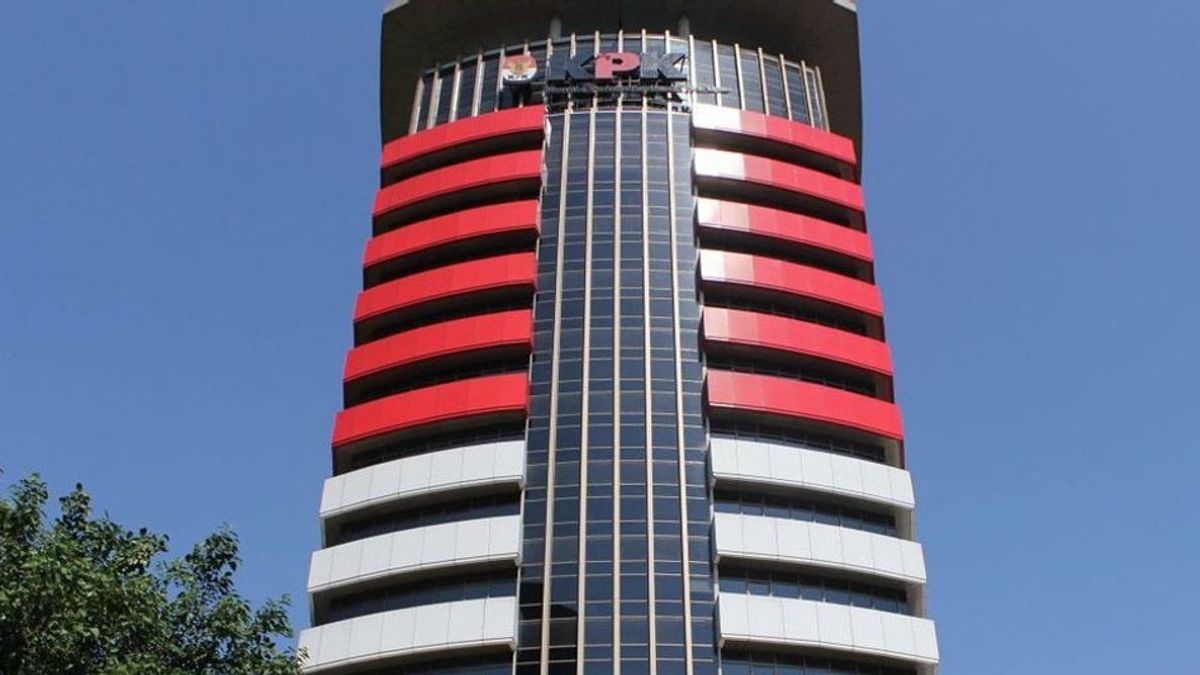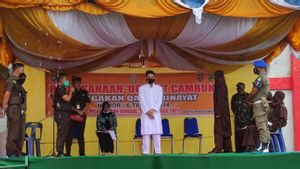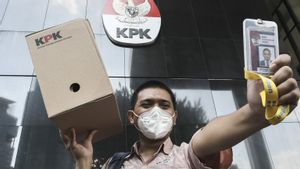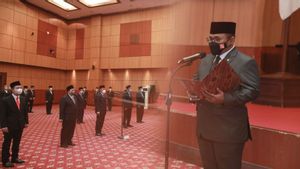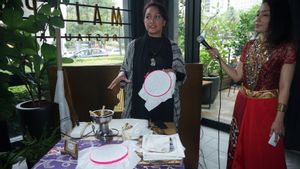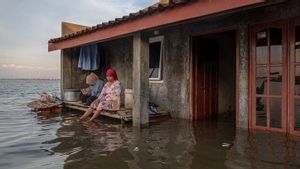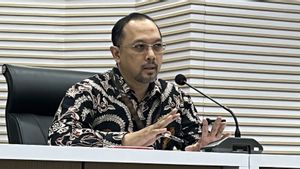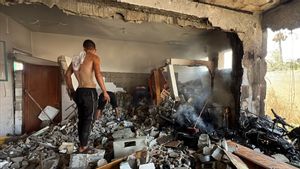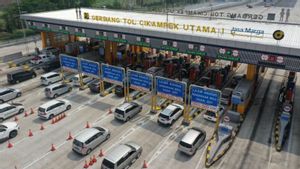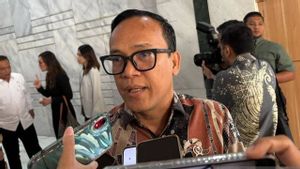JAKARTA - Acting Spokesperson for the Corruption Eradication Commission (KPK) for Enforcement, Ali Fikri, has spoken about convicts in corruption cases who are entitled to remission or reduced sentences.
According to him, the main tasks and functions of the KPK are only related to investigating corruption cases to executing decisions in court. While coaching, he said, is the responsibility of the Directorate General of Corrections (Ditjen PAS) at the Ministry of Law and Human Rights (Kemenkumham).
This was conveyed by Ali in response to the judicial review of Articles 34A, 36A, 43A, and 43B of PP No. 99 of 2012. This trial was proposed by an advocate who is currently a convicted person in a corruption case, OC Kaligis.
In PP (Government Regulation) No. 99 of 2012, it is stated that remissions or reduced sentences for convicted corruption cases are given after they are declared as justice collaborators or actors who work together to dismantle a case.
"In principle, the KPK focuses on its main duties and functions, namely investigation, investigation, prosecution, and execution of court decisions. Furthermore, the development of corrupt convicts is fully under the authority of the Directorate General of Corrections", Ali said in a written statement quoted on Saturday, October 2.
Even so, he emphasized that eradicating corruption is a shared responsibility and there needs to be synergy. In addition, Ali also reminded that corruption should be separated from other crimes because it is an extraordinary crime.
So he considered that the punishment given to corrupt convicts should have a deterrent effect. "Law enforcement on corruption cases as an extraordinary crime is not only for the sake of a sense of justice but also must be able to provide a deterrent effect to perpetrators, be a lesson for the community to prevent similar acts from happening again, and can provide benefits to the country through asset recovery", he said.
SEE ALSO:
Moreover, this kind of concept is by the Trident Corruption Eradication Strategy which combines the efforts of the prosecution, prevention, and education. However, this cannot only be done by the KPK but all stakeholders so that Indonesia becomes free of corruption.
"The condition for the successful eradication of corruption is the full commitment and support of all stakeholders from the government, policymakers, judicial institutions, law enforcement officers, and all elements of society", concluded Ali.
The English, Chinese, Japanese, Arabic, and French versions are automatically generated by the AI. So there may still be inaccuracies in translating, please always see Indonesian as our main language. (system supported by DigitalSiber.id)
